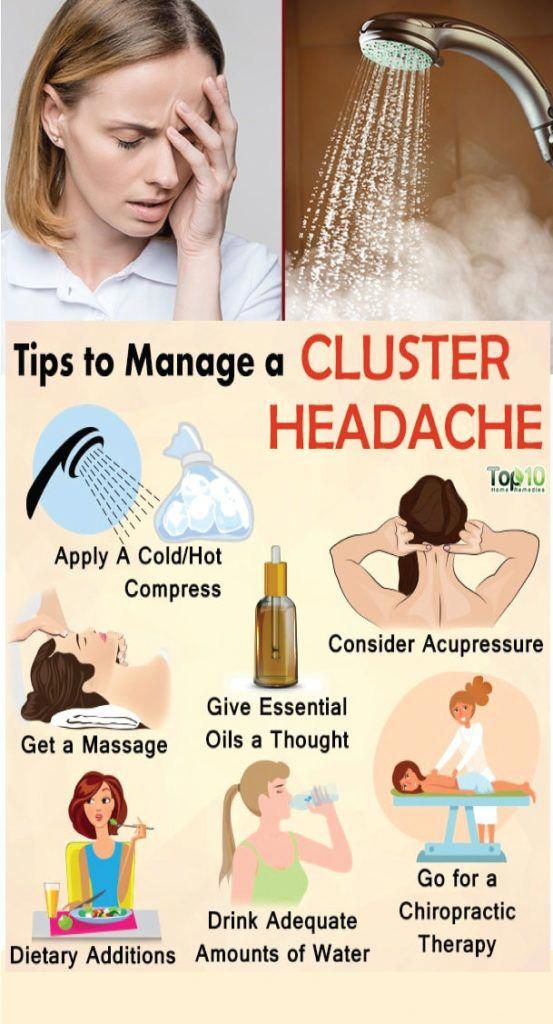
Cluster headache relief is a crucial aspect of managing this debilitating condition. Imagine experiencing excruciating, recurring headaches that can leave you incapacitated for days. This is the reality for many people suffering from cluster headaches. These intense headaches, often unilateral (one-sided), come in brief, often severe, bursts. This article will explore effective therapies for managing cluster headaches and achieving significant pain relief. We will delve into medication options, lifestyle adjustments, alternative therapies, and preventative measures. This comprehensive guide will provide you with a structured approach to understanding and addressing this painful condition.
Understanding Cluster Headaches: A Painful Condition
Defining Cluster Headaches
Cluster headaches are a type of severe headache characterized by excruciating pain, typically localized to one side of the head, often around the eye or temple. The intense pain usually comes in short bursts, lasting from 15 minutes to 3 hours. A defining characteristic of cluster headaches is their cyclical nature. Patients frequently experience episodes of headaches, often clustered together over weeks or months, followed by periods of remission. A key difference between cluster headaches and other headaches is the distinct pattern and intensity of pain.
Medication for Cluster Headache Relief
Triptans for Acute Relief
Triptans are a class of medications commonly prescribed for acute cluster headache episodes. These medications work by constricting blood vessels in the brain, thereby reducing inflammation and easing the pain. While generally effective, triptans may not be suitable for everyone, and there are potential side effects to consider, such as nausea or chest tightness. The effectiveness of triptans can vary from person to person. It’s crucial to consult with a healthcare professional to determine the appropriate dosage and if triptans are the most suitable treatment option.
Lifestyle Adjustments for Prevention
Identifying and Avoiding Triggers
Identifying and avoiding triggers is a vital aspect of preventing cluster headaches. Common triggers include alcohol consumption, especially red wine and beer, smoking, and exposure to certain environmental factors, such as strong odors, changes in weather patterns, and stress. Keeping a headache diary can help individuals pinpoint their triggers. The specific triggers vary from person to person. Understanding personal triggers is crucial to managing cluster headaches effectively. Regular tracking of triggers can lead to greater insight into individual patterns.
Alternative Therapies for Cluster Headache Relief
Exploring Complementary Treatments
Alternative therapies can be a valuable part of a multi-faceted approach to cluster headache relief. Techniques such as acupuncture, biofeedback, and even relaxation exercises, can play a role in helping to manage the symptoms and the stress response. Studies on the effectiveness of these therapies show some promise but more research is needed to establish a conclusive correlation. Consult with healthcare professionals before integrating alternative therapies into your treatment plan, as some may have adverse effects. These therapies are often offered in conjunction with conventional medical approaches.
Preventing Cluster Headaches: A Proactive Approach
Maintaining a Healthy Lifestyle
Maintaining a healthy lifestyle can contribute to preventing cluster headaches and overall well-being. A regular sleep schedule, balanced diet, and stress management techniques play crucial roles. Regular exercise helps maintain physical and mental health. Adequate hydration also plays a key role.
How can I find the best treatment for my cluster headaches?
“Finding the most effective treatment for cluster headaches requires a multi-faceted approach. Consulting with a healthcare professional is essential for diagnosis and developing a personalized plan. This plan should encompass both conventional and potentially alternative therapies to address specific triggers and symptoms. Collaboration with a medical professional will be pivotal to determining the best course of action.”
Frequently Asked Questions
What are the common triggers for cluster headaches?
“Common triggers include excessive alcohol consumption, especially red wine and beer, smoking, and exposure to strong smells. Changes in weather patterns and stress can also play a role. It’s important to maintain a headache diary to identify specific triggers unique to your condition. Keeping a log of potential triggers can aid in the understanding of your personal patterns and how they correlate with episodes.”
In conclusion, effectively managing cluster headaches demands a multi-pronged approach. Understanding the triggers, employing preventative measures, and utilizing a range of therapies—including medication, lifestyle adjustments, and potentially alternative treatments—are all crucial aspects of effective cluster headache relief. By implementing a personalized plan tailored to your specific needs and symptoms, you can significantly reduce the frequency and intensity of these debilitating headaches. Remember to consult your healthcare provider to develop a personalized treatment plan that best addresses your needs. If you are experiencing cluster headaches, seeking prompt medical attention is vital.